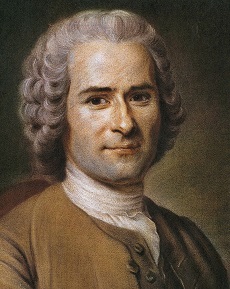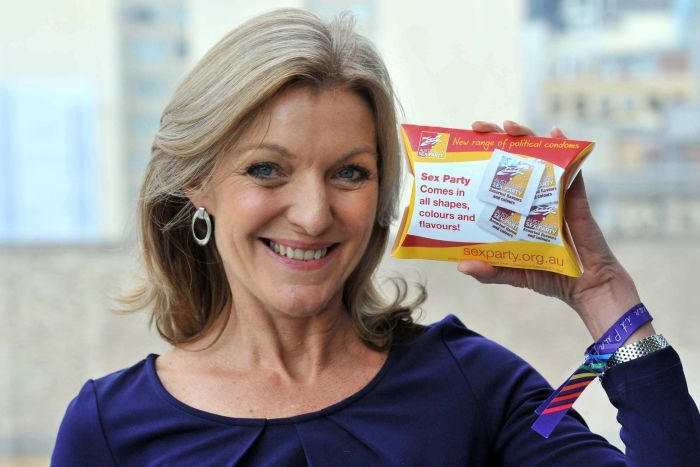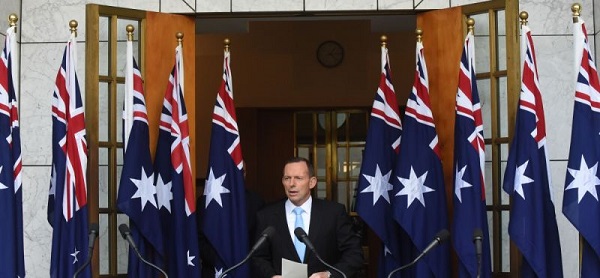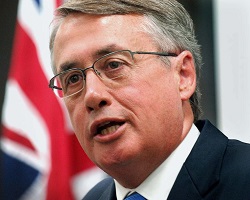Rob Oakeshott tells us he “poked power in the eye and got an almighty punch on the nose in return.” He laments the influence of the monied class in politics, which he sees as subverting democracy.
Swan is very clear about how a small but growing number of very rich people penetrate the political system in a reflective chapter of his book, The Good Fight. There is a negative review in Newscorp and an amazingly positive one in Fairfax. Who would have thought! I’m not sure they read the same book! I’ll not attempt a review here. Rather, I’m focussing mainly on his chapter Enemies worth having and his paper The 0.01 per cent: the rising influence of vested interests in Australia originally published in The Monthly, now included in an appendix.
Swan accepts the market economy and the value of entrepreneurship, and accepts that many business leaders are concerned about the national interest as well as the welfare of their corporations. Unfortunately a growing number, he says, suffer from ‘the blindness of affluence’ based on materialism and selfish individualism, and are aggressive and ruthless in pursuing their ends. He says:
Many of the winners from our prosperity just don’t see poverty and injustice any more, let alone the persuasive case that a fairer society produces an even more prosperous economy. The logic and the economics put forward by Joseph Stiglitz and Thomas Piketty, and in Australia by people such as Andrew Leigh, are ignored. And in their world, higher quality universal education and health services are a drain on the budget, not a platform for a fairer and more prosperous economy. (Emphasis added)
Such selfish corporates preach competitiveness and productivity for the economy as a whole, but in practice are only interested in the short-term benefits to their own corporations. What they are seeking is wealth transfer to them from consumers and taxpayers.
This small but growing group throw their weight around quite directly. The classic case was the public campaign over the mining super tax, where they sought to destroy a government rather than offer up one cent. They blatantly lied about consultations that had been held with them and mounted a $20 million media blitz against the Government.
In this case their bluff was called by Gillard when she attained power. She told the miners that the tax would be implemented in spite of them. They had a choice of entering discussions to have an input, but only on condition that they withdrew their campaign. This worked and the discussions were amicable.
I’ll leave it to others to judge whether the miners nevertheless got much of what they wanted. I’ll just note that it is a super profits tax and that the industry pays considerable normal royalties and taxation. Nevertheless the point in question is that the minerals are owned by the people, not the companies, and the people should get a fair reward.
This example encouraged the club industry, where the independents, Oakeshott and Windsor, were certainly spooked by their campaigning against the proposed pokies legislation. The extent to which the Labor Government was similarly spooked is not clear.
The tobacco industry is one case where the Labor Government stared the industry down.
A case where the industry won hands down was the superannuation industry. The fees accruing to the funds management industry are in the range of $20 to $40 billion each year. The industry can thank Labor for creating the industry and Labor had just approved a graduated increase from 9 to 12%, thus increasing the size of the industry by a third through that decision alone. Swan details how he planned to close the super tax loophole for the very wealthy, looking for funds to pay for the NDIS (National Disability Insurance Scheme).
John Brogden, head of the Financial Services Council, requested a meeting, which was arranged with Swan, Shorten and advisors. Brogden advised that his industry had a media campaign against the Government ready to go, and if they altered super in any way at all they would launch it.
Swan told Brogden he didn’t play that way and terminated the meeting, but in fact in the end he soaked the universities instead.
In looking at the Henry tax review a Business Tax Working Group was formed. When considering reducing the corporate tax rate, Swan wanted to pay for it by rescinding a raft of business tax concessions. The BTWG insisted that it be paid for by consumers with an increased GST. The BWTG subverted the consultations by backgrounding the media, producing negative press commentary. In the end nothing happened.
Business too lined up against carbon pricing and the greenhouse mafia appear alive and well in the current consideration of the Renewable Energy Target.
Swan sees the conservative political parties as tools of business with sections of the media playing their part.
Swan says you enter politics to make a difference and if you forget the little people you sacrifice part of your nation’s soul. Strange he doesn’t mention what happened to unmarried mothers under his watch, but he does regret that fiscal discipline is a brutal game and often brings into play what he would call Labor values.
In the end he gives himself a tick. A bit over a month after he resigned as Treasurer the ABS Household Income and Income Distribution data was published showing that inequality had fallen again between 2009-10 and 2011-12.
According to Swan, Obama described income inequality as the defining issue of our time. I wonder whether he too would get a koala stamp!








